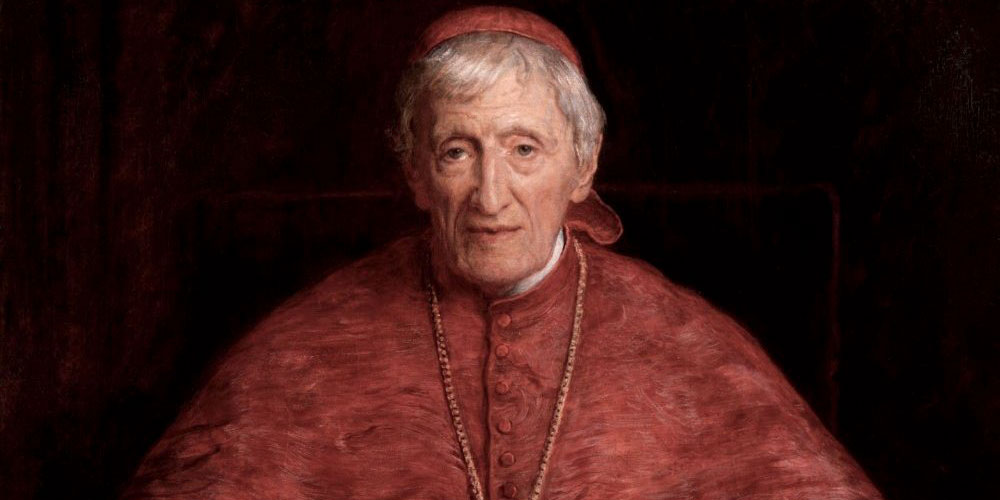These days, as the evenings lengthen, morning walks are very rewarding. Spring is everywhere. The songs and nesting activity of birds are evident; flowers, scrubs and trees are bursting into life. Yet one hears the complaint, "Ah the blossoms fade too quickly!"
Now the beauty of springtime is, according to the Australian poet John Shaw Neilson,"a joy that stays not overlong. Clad in the magic of sincerities, it rides up in a song." And that is part of the mystery of things. The world around us gives many amazing examples of life springing anew from what seems to be the deadness of winter’s cold decay. We look at the changing form of a caterpillar's cocoon and wonder how a creature of beauty and flight could ever possibly emerge from it.
Yes, we must watch the delicate blossoms of this springtime rise, fade and fall but we know that, if they do not, there will be no fruit to grace our tables.
We often regret that childhood and youth must pass, but we also know that, if they do not, there will be no maturity, progress or renewed family life.
From the mighty stars in the awe-inspiring wheeling galaxies to the humblest life forms, the law of the universe holds: something lives because something else dies. Cardinal Newman, in his great sermon The Second Spring, describes this process as "bound together by the law of permanence, it is set up in unity... Dissolution does but give birth to fresh modes of living, and one death is the parent of a thousand lives..." Such is true of human life experience; such is true of the structures which support it.
 John Henry Newman was an English theologian, scholar and poet, first an Anglican priest and later a Catholic priest and cardinal, and was an important and controversial figure in the religious history of England in the 19th century
John Henry Newman was an English theologian, scholar and poet, first an Anglican priest and later a Catholic priest and cardinal, and was an important and controversial figure in the religious history of England in the 19th century
Yet we Christians should feel quite comfortable with this whole process. From the very beginning we have found springtime-life surging from winter-deadness. The first Christ-followers found life rising from a tomb and brought into existence a total new way, not a restoration of the way Jesus lived. And since then, we have been a resurrection people.
Christianity is essentially a religion of hope that looks beyond the present situation to a future time of ever-present meaning and fulfillment. It is a religion of expectancy that looks ever forward, beyond the passing joys and problems of the moment, to a new springtime of things. How many words and phrases in our Sunday Mass remind us of this basic fact! How often the opening prayer states the theme. "May the attractions of an ever-changing world serve only to bring us to your Kingdom". In the Creed, "We look for the resurrection and the life of the world to come..."and as the mystery moves to its conclusion, we are specifically invited to "wait in joyful hope for the coming of Our Lord Jesus Christ".
Yes indeed, we are resurrection people, and each Sunday is a mini-Easter as we continue throughout the year the theme of life-sustaining change. If this was really understood, who would miss our Sunday celebration of the fact?
This evening, I will indeed notice the fast fading blossoms of the cherry trees, but I will also notice the small green buds where the blossoms were; pledges of fresh fruit for the summer time.

This story originally appeared in the Spring Edition of the Salesian Bulletin, available here today!

